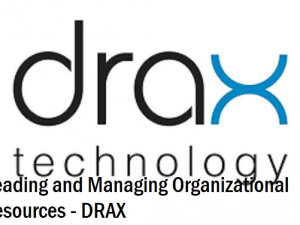| Preview |
1.0 Introduction
Odel can be viewed as the first company which introduced the concept of ‘department store’ to Sri Lanka. The company was first launched by the well-known Sri Lankan woman entrepreneur Otara Gunawardene and few years after the launch the company was listed in the Colombo stock exchange and today it is under the corporate giant Softlogic holdings PLC.
Knowledge management is, simply put, the process of managing the knowledge that is available amongst an organisations workforce, and the manipulation of information that arise from the day to day operations of the organisation, to make decisions that are sustainable and profitable in the long run (Swart, 2011). Effective knowledge management practices are also known to offer the organisation with a competitive advantage (Mehra et al, 2014). The global economy, as a whole has seen a transition from a manufacturing intensive economy, to a knowledge intensive economy over the past decades (Lindner and Wald, 2011). This evolution has paved way for manufacturing organisations to invest in, and develop on knowledge management mechanisms to reap the benefits of competitive advantage via analysis and information driven decision making.
Odel, is Sri Lanka’s biggest and only department store, that hosts a number of world renowned and local brands. As a brand that continually engages with customers and depends on their purchases to sustain the business, knowledge management is encompassed into the day to day business model, in order to ensure that the business, as a whole, responds to the changes in the industry and market as and when they occur. This case study will evaluate how Odel has modelled its knowledge management system, and integrated the same with its overall business process, creating an operations management structure that is inherently knowledge driven.
2.0 Knowledge Management at Odel
Evaluating the business model of Odel, the process is a flow of ensuring that the customer needs are met with, by serving them with the products requested by them at a price at which they are willing to pay. Although in context this is the definition of marketing (Kotler and Armstrong, 2010), from a KM (Knowledge Management) perspective, catering to customer needs and presenting the same requires a thorough process of collecting, evaluating and sharing knowledge.
For the successful implementation of this, Odel broadly uses the basic KM process of Collecting, Evaluating and Sharing knowledge within the organisation. A detailed look at the internal process used, indicates how the KM process evolves to become an operational decision-making process within the organisation. The following model presented by King (2010) is a close depiction of the KM flow within Odel.
|





